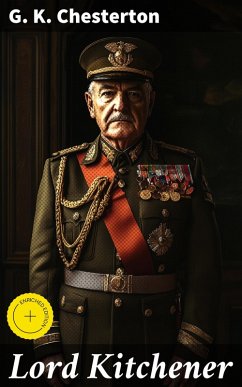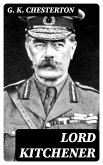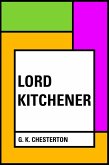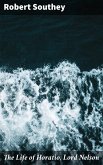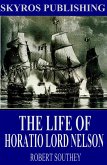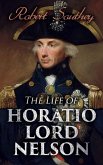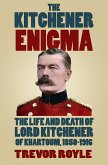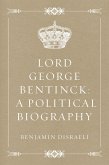In "Lord Kitchener," G. K. Chesterton crafts a compelling biographical narrative that delves into the life and impact of the enigmatic military commander, Lord Kitchener. Employing Chesterton's signature blend of wit, irony, and philosophical inquiry, the book not only recounts Kitchener's military achievements but also explores the fluctuating perceptions of heroism in the context of early 20th-century British society. Chesterton'Äôs vivid prose and keen observations shed light on Kitchener'Äôs complex character, ultimately prompting readers to reflect on the nature of identity and leadership during times of war. G. K. Chesterton, a prolific English writer and commentator, is well-known for his candid critiques of modernism and his exploration of morality in society. His fervent patriotism and deep interest in the ethical dimensions of public service inform this exploration of Kitchener, intertwining personal admiration with critical reflection. Chesterton'Äôs own experiences during the tumultuous era of World War I shaped his views, allowing him to articulate the intricate relationship between individual valor and societal expectations. This book is an essential read for those interested in military history, literary biography, or Chesterton'Äôs works. It appeals to both scholars and casual readers alike, providing not only an intimate glimpse into Kitchener's life but also a profound meditation on the enduring themes of duty, sacrifice, and the dichotomy of public and private life.
Dieser Download kann aus rechtlichen Gründen nur mit Rechnungsadresse in A, B, BG, CY, CZ, D, DK, EW, E, FIN, F, GR, H, IRL, I, LT, L, LR, M, NL, PL, P, R, S, SLO, SK ausgeliefert werden.

